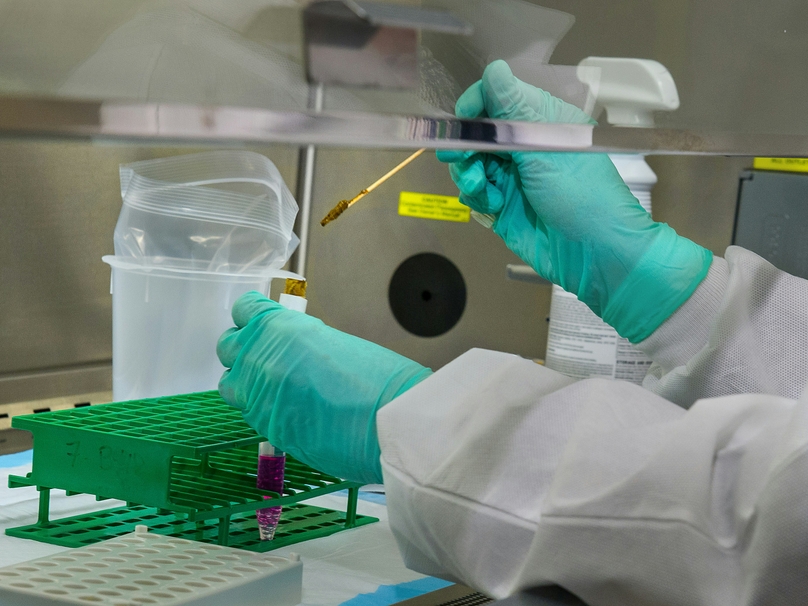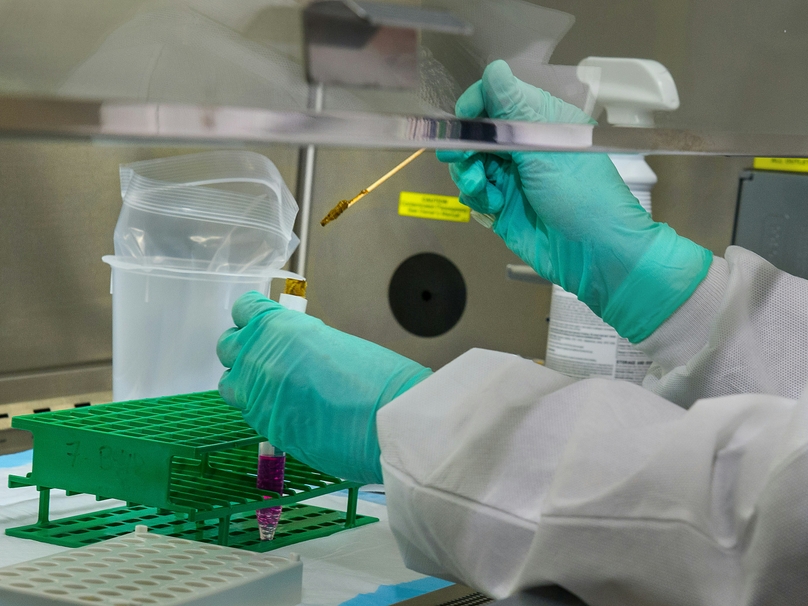The life sciences industry sees the need for maintaining data integrity to ensure the accuracy, consistency, and reliability of data throughout its lifecycle. From drug development to regulatory submissions, data integrity plays a crucial role in shaping decisions and safeguarding patient safety. This article explores the challenges faced by professionals in maintaining data integrity in the life sciences sector and offers actionable solutions to mitigate these challenges effectively.
The Importance of Data Integrity in Life Sciences
Data integrity is the foundation of scientific research and regulatory compliance in the life sciences industry. It encompasses the accuracy, completeness, and reliability of data generated, recorded, and reported throughout various stages of research, development, and manufacturing processes. Without robust data integrity measures, the credibility of scientific findings may be compromised, leading to potential risks to public health and regulatory repercussions. Therefore, establishing and maintaining data integrity standards is essential to uphold the highest levels of quality and safety in life sciences.
Challenges in Maintaining Data Integrity
Despite its critical importance, maintaining data integrity in life sciences presents numerous challenges. One major challenge is the complexity of data sources and formats, ranging from laboratory instruments to electronic health records. Integrating and harmonizing data from diverse sources while ensuring accuracy and consistency can be daunting tasks for researchers and data managers. Additionally, the dynamic regulatory landscape adds complexity, with evolving requirements and guidelines necessitating continuous adaptation of data management practices.
Data Governance and Compliance
Effective data governance is fundamental to ensuring data integrity and regulatory compliance in the life sciences industry. Data governance involves establishing policies, procedures, and controls to govern the collection, storage, and usage of data. By implementing robust data governance frameworks aligned with regulatory standards such as good laboratory practices (GLP) and good manufacturing practices (GMP), organizations can systematically manage data throughout its lifecycle while adhering to legal and ethical requirements. Furthermore, compliance with data governance protocols enhances transparency, accountability, and trustworthiness in data management practices.
Technological Solutions for Data Integrity
Advancements in technology offer promising solutions to address the challenges of maintaining data integrity in life sciences. Laboratory information management systems (LIMS), electronic lab notebooks (ELNs), and other informatics platforms streamline data capture, storage, and analysis, reducing the risk of errors and discrepancies. Additionally, blockchain technology provides a tamper-proof and transparent mechanism for recording and verifying data transactions, ensuring data integrity and traceability. Leveraging these technological innovations empowers life sciences organizations to enhance data integrity while improving operational efficiency and regulatory compliance.
Training and Education
Investing in training and education is essential to cultivate a culture of data integrity within life sciences organizations. Providing comprehensive training programs on data management best practices, regulatory requirements, and ethical guidelines equips employees with the knowledge and skills necessary to uphold data integrity standards. Furthermore, fostering a culture of accountability and transparency encourages proactive identification and resolution of data integrity issues. By prioritizing continuous learning and professional development, organizations can empower their workforce to safeguard data integrity effectively.
Data Security Measures
In addition to ensuring data integrity, life sciences organizations must prioritize data security to protect sensitive information from unauthorized access, breaches, and cyber threats. Implementing robust data encryption, access controls, and authentication mechanisms safeguards data confidentiality and integrity. Regular security audits and compliance assessments help identify vulnerabilities and ensure adherence to industry standards and regulations, such as the Health Insurance Portability and Accountability Act (HIPAA) and the General Data Protection Regulation (GDPR).
Risk Management Strategies
Risk management is integral to maintaining data integrity in life sciences, as it involves identifying, assessing, and mitigating potential risks to data quality and reliability. Conducting thorough risk assessments at each stage of the data lifecycle enables organizations to proactively identify vulnerabilities and implement preventive measures. Developing contingency plans and response protocols for data breaches and system failures minimizes the impact on data integrity and organizational reputation.
Cross-functional Collaboration
Effective collaboration among stakeholders, including researchers, data scientists, regulatory experts, and IT professionals, is essential for ensuring data integrity in life sciences. By fostering interdisciplinary collaboration, organizations can leverage diverse expertise to address complex data management challenges and drive innovation. Cross-functional teams facilitate the development of integrated solutions that align with regulatory requirements while meeting the evolving needs of scientific research and product development.
Continuous Monitoring and Auditing
Continuous monitoring and auditing are critical components of maintaining data integrity in life sciences, allowing organizations to detect anomalies, errors, and deviations in real-time. Implementing automated monitoring systems and data validation checks enables proactive identification of data integrity issues before they escalate. Regular internal audits and external assessments ensure compliance with regulatory standards and industry best practices, providing assurance of data integrity and quality to stakeholders and regulatory authorities.
Ethical Considerations
Ethical considerations play a significant role in data integrity within the life sciences industry, emphasizing the importance of honesty, transparency, and integrity in research and data management practices. Adhering to ethical principles such as scientific rigor, data transparency, and patient privacy safeguards the credibility and integrity of research findings. Organizations must prioritize ethical conduct and integrity in all aspects of data generation, analysis, and reporting to uphold public trust and maintain the integrity of scientific research.
Emerging Challenges and Future Trends
As the life sciences industry continues to evolve, new challenges and trends emerge that impact data integrity practices. Rapid advancements in technologies such as artificial intelligence (AI), big data analytics, and precision medicine present opportunities and challenges for data management and integrity. Addressing emerging challenges such as data privacy concerns, algorithm bias, and data interoperability requires ongoing innovation, collaboration, and regulatory adaptation. By staying abreast of emerging trends and proactively addressing challenges, life sciences organizations can adapt their data integrity strategies to meet the evolving demands of the industry.
Welcoming the Multifaceted Endeavor
Ensuring data integrity in life sciences is a multifaceted endeavor that requires proactive measures, technological advancements, and a commitment to excellence. By addressing challenges such as data complexity, regulatory compliance, and technological integration with strategic solutions like robust data governance frameworks, advanced informatics platforms, and comprehensive training programs, organizations can uphold the highest standards of data integrity. Ultimately, prioritizing data integrity safeguards the integrity of scientific research, regulatory compliance, and, most importantly, patient safety in the dynamic field of life sciences.















